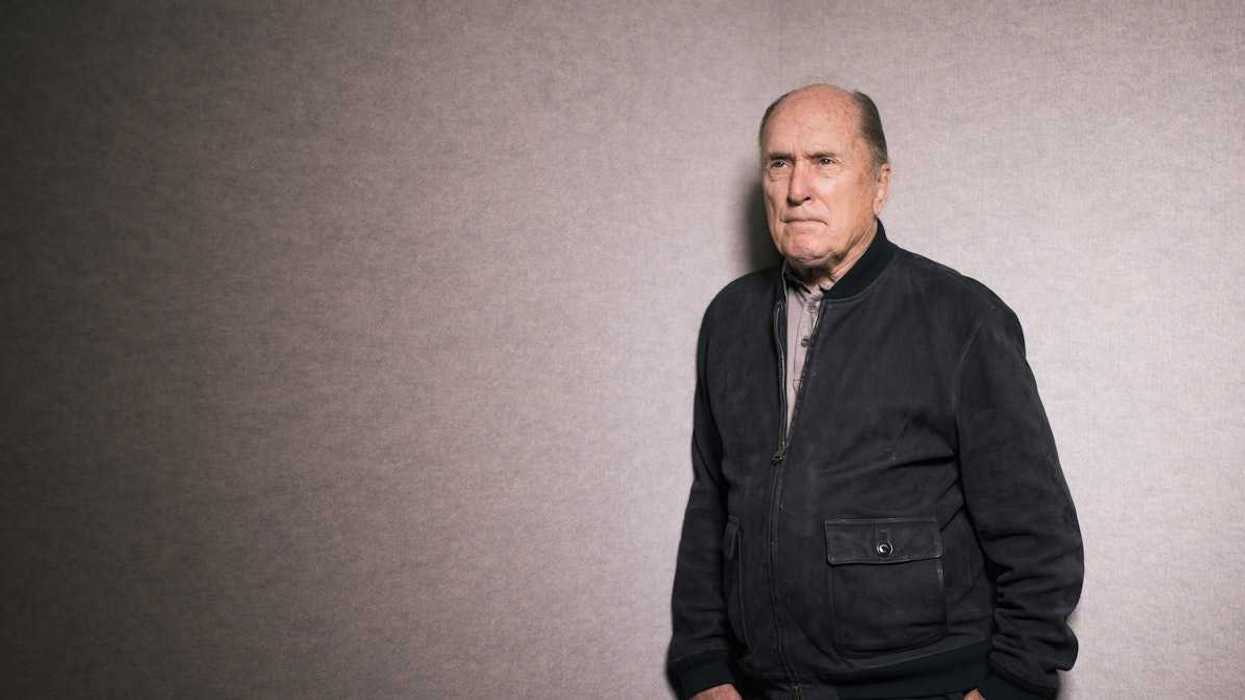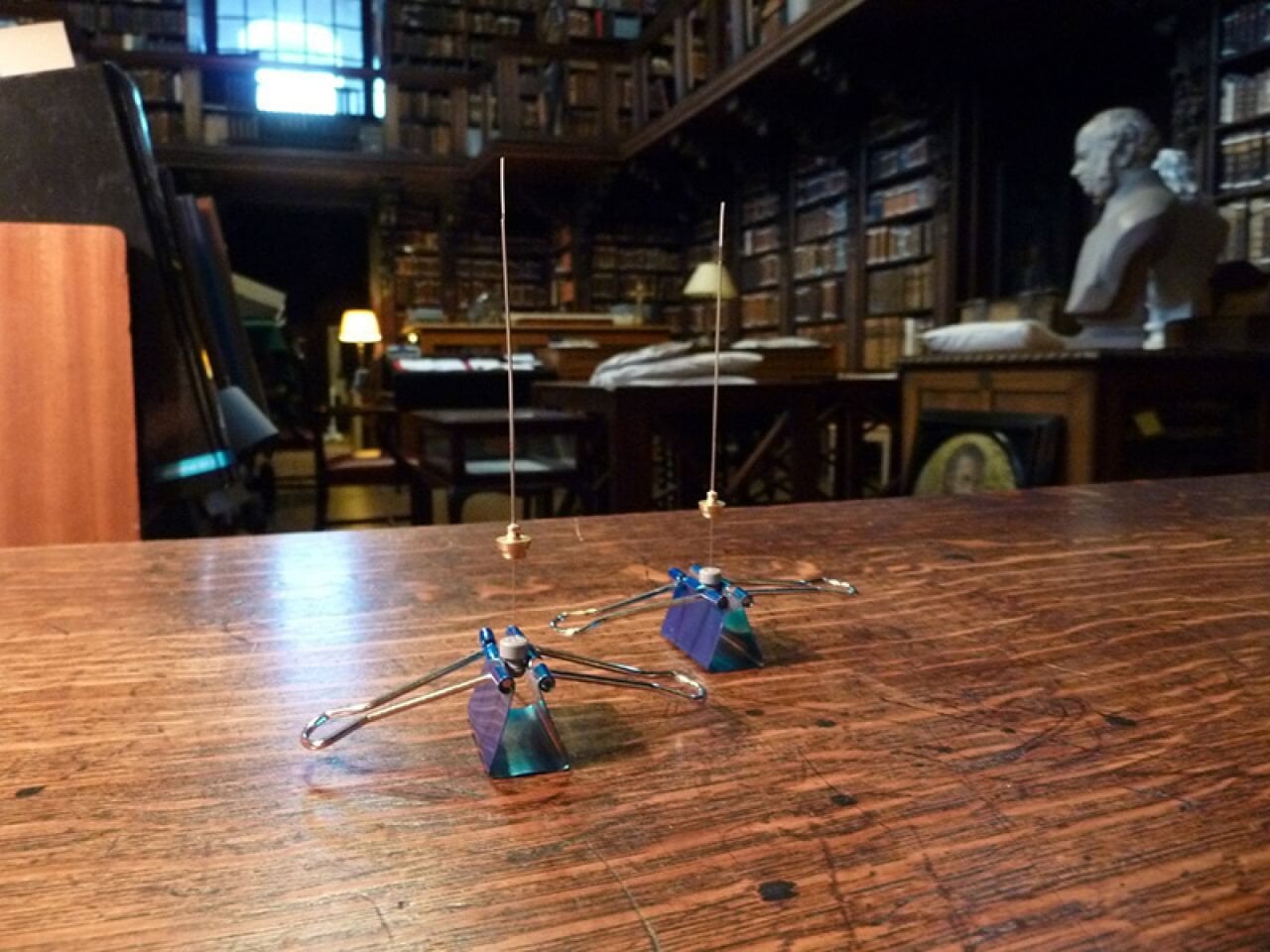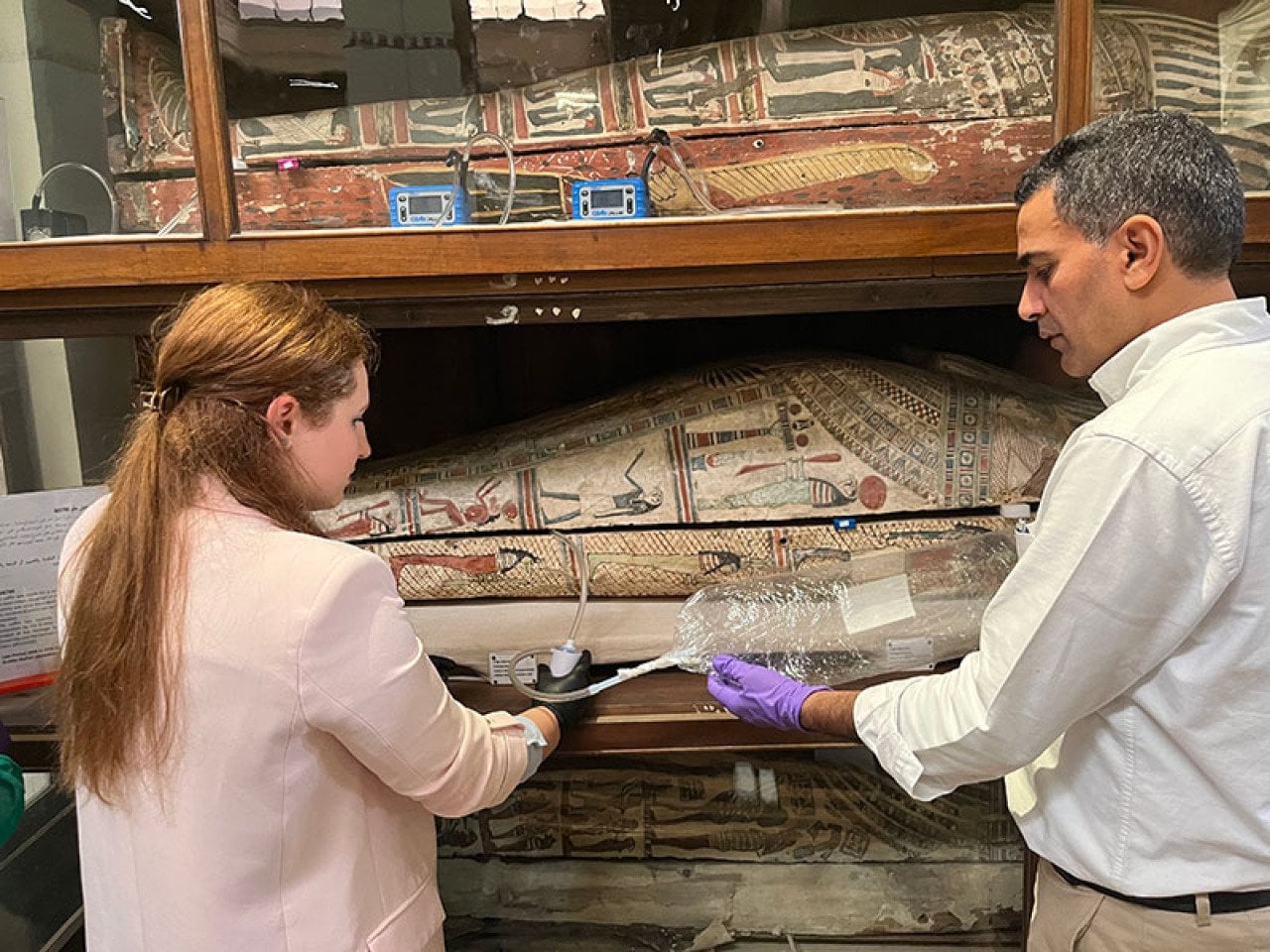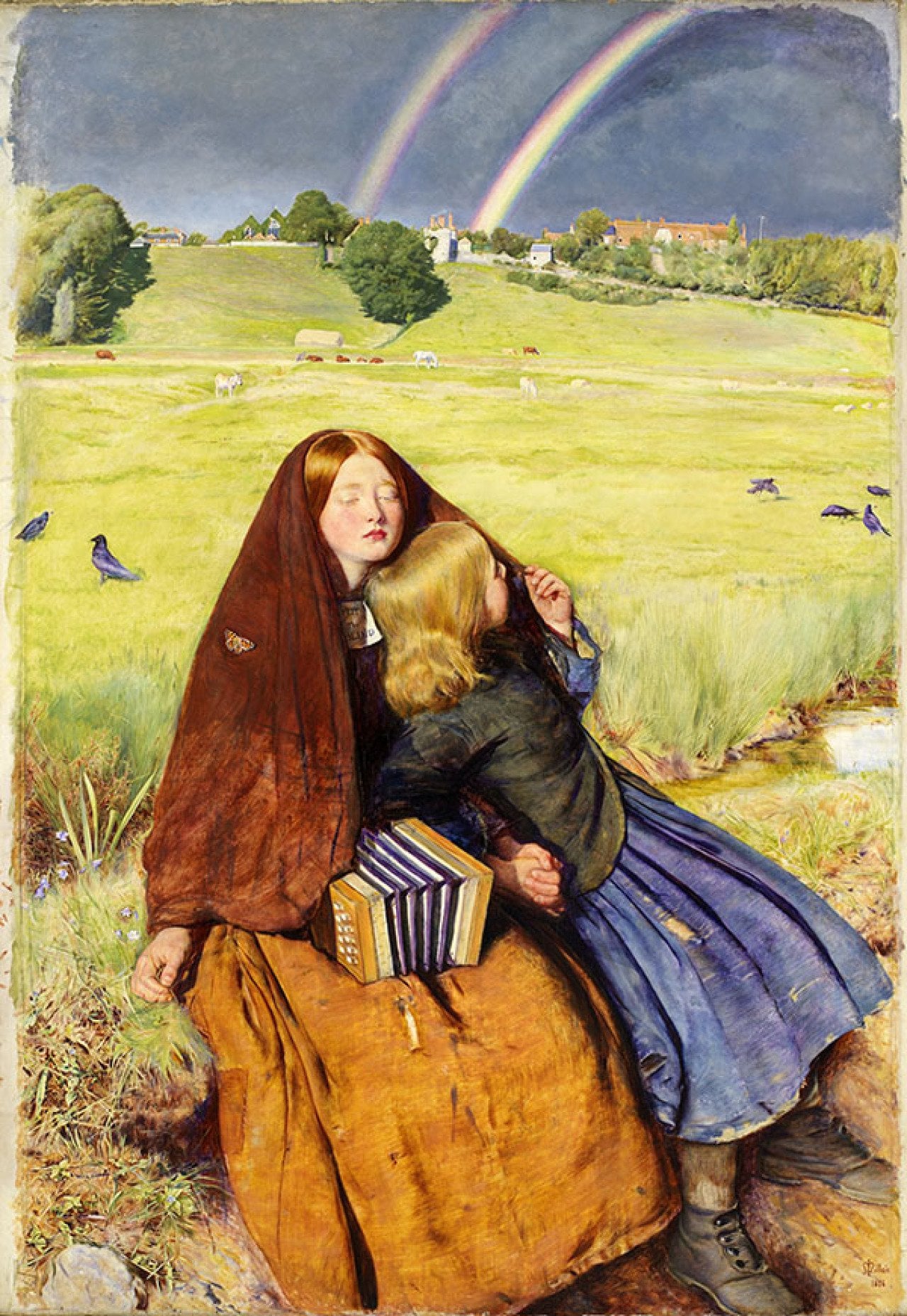Once in a while, life provides us with the kind of dramatic moral dilemma that even the most imaginative ethics textbook writer couldn’t think up.
My community — the University of Florida and the city of Gainesville — faced a dangerous and complicated series of dilemmas as a result of a visit from white supremacist Richard Spencer. It was Spencer’s first speaking engagement after his supporters participated in a rally that ended with one woman being killed and 19 people being injured in Charlottesville in August. Spencer was not invited by anyone at UF, but he rented a lecture hall in the performing arts center, as nonuniversity groups do all the time.
As a social ethicist, I frequently teach moral dilemmas, perhaps involving a runaway trolley or a rogue army officer in a remote jungle. These scenarios are meant to give concreteness and urgency to an enduring question: How do we choose the right option when all options will cause harm?
How we respond
Dilemmas like these prompt lively class discussions, often around the two options that the philosophy textbook offers.
On the one hand, there is the Kantian option: Moral laws, such as those against killing an innocent person, must be valid without exceptions. Thus, we may not push the fat man into the path of the trolley to save other lives.
On the other hand, there is the utilitarian model, which tells us to choose the option whose total consequences generate more good and less evil. On this account, we should sacrifice one life in order to save many.
[quote position="left" is_quote="true"]How do we choose the right option when all options will cause harm?[/quote]
Our real lives almost never force us to choose the lesser of two evils in such dramatic ways, but Spencer’s visit does pose some hard moral choices — although none of them is whether Spencer’s racist ideology is morally acceptable. There’s no debate about that in Gainesville; our community is united in rejecting Spencer’s ideology. The dilemmas, as I see them, are rather about how institutions and individuals should respond in a situation when it seems we must choose among important values, such as free speech, peace, racial justice, and social equality.
UF denied Spencer’s initial request to speak. He threatened to sue, as he has successfully done at other institutions, including Auburn University. After extensive legal negotiations, administrators accepted his visit as an inevitability. They put their energy into minimizing harm, following the strategy of administrators at other universities, including my alma mater, the University of California at Berkeley.
UF and local government officials pursued two simultaneous strategies: actively denouncing Spencer and his message, while also reducing the risk of violence with draconian security procedures throughout campus and downtown Gainesville.
Spencer came to Gainesville because the Supreme Court takes a Kantian approach: Constitutional rights to free speech are universal moral rules, permitting no exceptions, even when following the rule seems likely to generate negative consequences. In a famous example, Kant argued against the “supposed right to lie from benevolent motives.” It is “a sacred unconditional command of reason” always to tell the truth, even to a murderer asking the location of his intended victim. Judicial interpretations of the First Amendment follow the same logic: The right to free speech must be universal, with no exceptions. Thus, Nazis and white supremacists must be allowed to speak freely, even at a university campus where no one seems to want them, and even when their speech openly rejects other core values, such as the dignity of all persons.
Some nations have modified the right to free expression with a form of “free speech consequentialism,” which permits governments to regulate certain kinds of speech in order to preserve other social goods. In 1972, for example, France made it illegal to incite racial hatred or to use language that was racially defamatory, contemptuous, or offensive. Under the Gayssot Law, passed in July 1990, it is illegal to deny publicly the occurrence of the Nazi Holocaust. And, in 1990, it became illegal to publicly deny the Holocaust. These laws have not ended racism or struggles over free speech in France, but they do make it easier for institutions to limit the free speech rights of people like Richard Spencer.
The U.S., in contrast, permits limits on free speech rights only in rare cases of “fighting words” that pose an imminent threat of violence. No one has yet used the “fighting words” argument against Spencer, despite what happened in Charlottesville and the fact that UF virtually closed the campus and expects to spend about $500,000 on additional security for the event.
Competing claims
Spencer’s free speech rights pose real dilemmas for individuals in places like Gainesville. Should we ignore Spencer, as the university desperately wants us to do? Or do we protest, to show Spencer and the world that we categorically reject white supremacy?
As an ethicist, I find little help from the standard choice between Kantian and utilitarian models. The textbook dilemmas where those options are applied are devoid of the concrete details that influence our real-life ethical decisions and of the larger political impact of words and deeds. This political context shapes the questions my community has been struggling with.
Are Spencer and those who protest him not only legally but also morally equivalent, as Ted Yoho, our congressional representative, implies? Yoho describes all those who oppose Spencer as “antifa, a so-called ‘anti-fascist’ group comprised of radical Marxists and anarchists.” He sees no possibility that people who are not “radicals” would reject white supremacy. By denying substantive differences in the values of white supremacists and those who protest them, this approach avoids meaningful moral reflection and, in this case, reinforces Spencer’s frequent claim that he is a victim of people who want to “ stifle” his free speech.
Another kind of moral equivalence is suggested by protesters who accuse those who stay away from campus, in a deliberate effort to deny Spencer more publicity, of acting like “good Germans,” a phrase that was used regularly in discussions prior to Spencer’s visit. Do those who ignore tacitly enable white supremacists to gain power? Do those who protest strengthen Spencer by following his playbook of confrontation? There is no easy answer to this question and no theoretical one. The only sure answer will be the practical one — what happened? And that we will have only in retrospect.
![]() As I finish this article, Richard Spencer has finished speaking. Protesters managed to fill many of the seats inside the Phillips Center, drowning him out much of the time. Many other people protested outside, and nobody was hurt. Now we wait for the white supremacists to go home and ponder what has changed because they came.
As I finish this article, Richard Spencer has finished speaking. Protesters managed to fill many of the seats inside the Phillips Center, drowning him out much of the time. Many other people protested outside, and nobody was hurt. Now we wait for the white supremacists to go home and ponder what has changed because they came.


















 A coupe on a romantic dateCanva
A coupe on a romantic dateCanva
 Robert Duvall with Shirley MacLaine at the 1984 Oscars. Duvall won best actor for his role in Tender Mercies. AP Photo/Reed Saxon
Robert Duvall with Shirley MacLaine at the 1984 Oscars. Duvall won best actor for his role in Tender Mercies. AP Photo/Reed Saxon Robert Duvall, left, as Lt. Col. Kilgore in Apocalypse Now. AP/United Artists
Robert Duvall, left, as Lt. Col. Kilgore in Apocalypse Now. AP/United Artists Duvall at the 2007 Emmy awards, with his trophies for the miniseries Broken Trail.AP Photo/Chris Carlson
Duvall at the 2007 Emmy awards, with his trophies for the miniseries Broken Trail.AP Photo/Chris Carlson




 Left: Plastic littered on a beach. Right: Bamboo.Photo credit:
Left: Plastic littered on a beach. Right: Bamboo.Photo credit:  Field of bamboo.Photo credit:
Field of bamboo.Photo credit:  Handing an Earth-painted ball to a child.Photo credit:
Handing an Earth-painted ball to a child.Photo credit: 
 A woman swims in the oceanCanva
A woman swims in the oceanCanva A happy-looking dolphin popping out of the waterCanva
A happy-looking dolphin popping out of the waterCanva